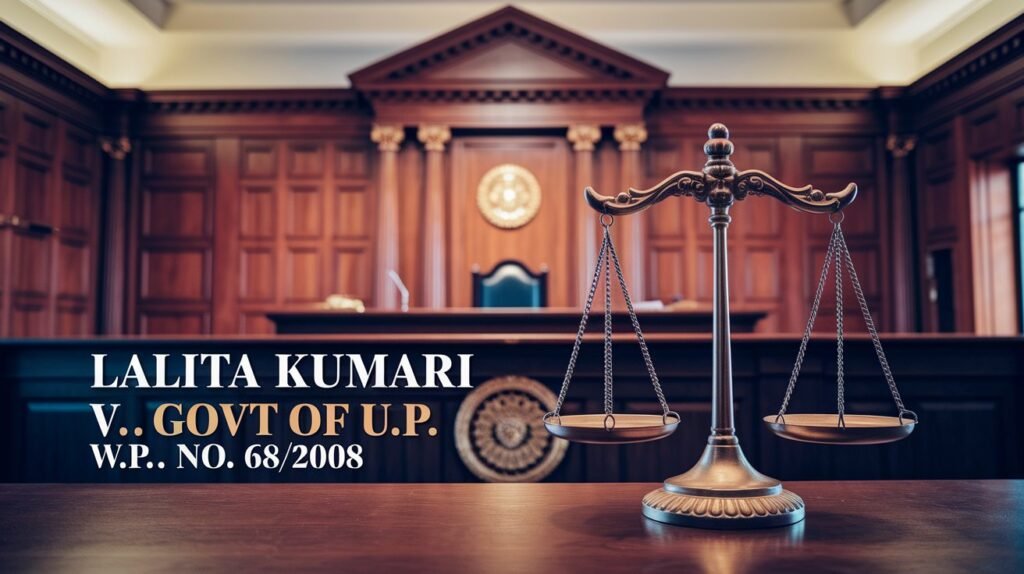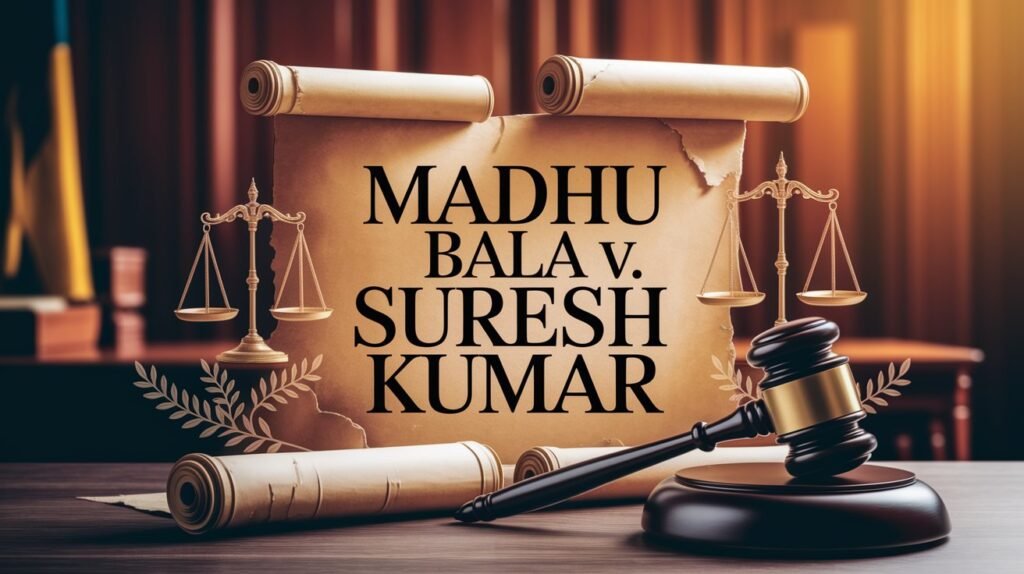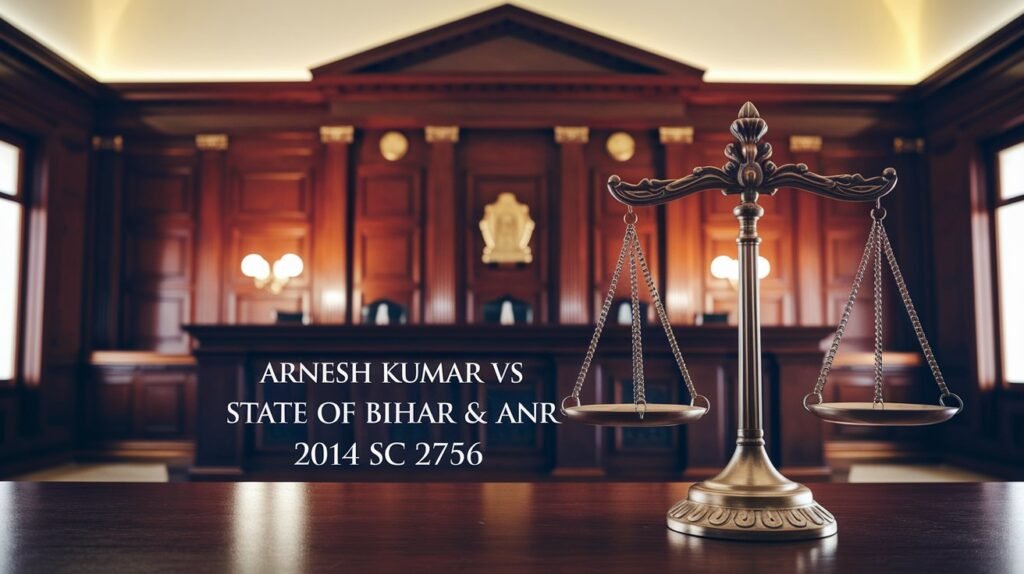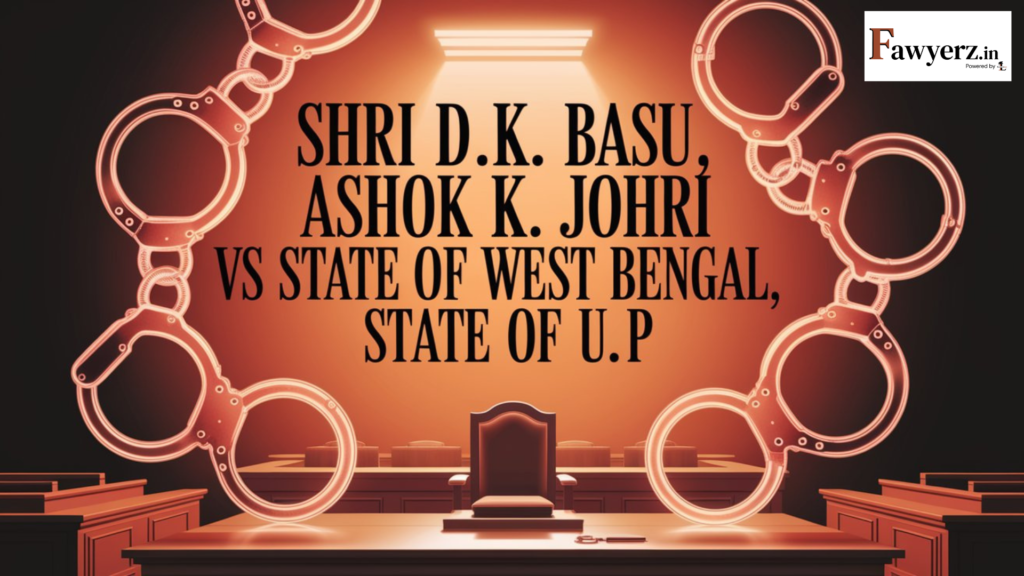CBI v. Anupam J. Kulkarni 1992 (Case Summary)
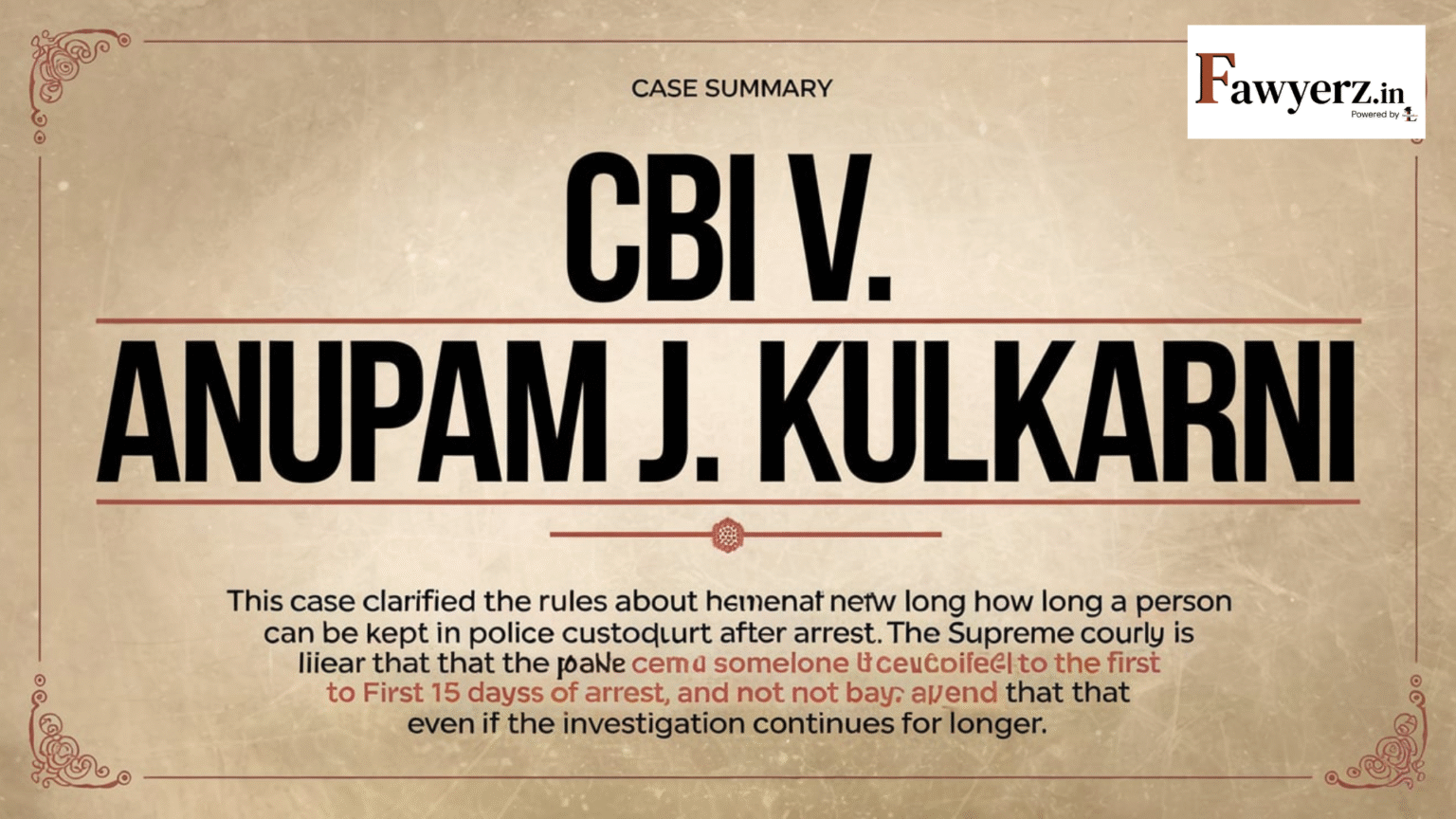
This case clarified the rules about how long a person can be kept in police custody after arrest. The Supreme Court made it clear that the power to send someone to police custody is limited to the first 15 days of arrest, and not beyond that even if the investigation continues for longer.
Table of Contents
ToggleFacts of CBI v. Anupam J. Kulkarni
- Anupam J. Kulkarni was arrested by the Central Bureau of Investigation (CBI) in connection with a case involving financial fraud and misappropriation of funds.
- After arrest, he was first remanded to police custody, and subsequently, the court sent him to judicial custody under Section 167 of the CrPC.
- Once the initial period of 15 days of custody had passed, the CBI filed an application seeking further police custody to interrogate him.
- The issue arose whether the Magistrate had the legal power to grant police custody beyond the first 15 days from the date of arrest.
- The case reached the Supreme Court for interpretation of the time limits under Section 167 CrPC.
Issues framed
- Whether the court can authorise police custody of an accused after the first 15 days of arrest have passed?
- Whether the 15-day limit under Section 167(2) CrPC is flexible or absolute?
Subordinate Court Judgment
The trial court allowed further police custody beyond 15 days. The matter was taken up to the Bombay High Court and then appealed to the Supreme Court for clarity on interpretation of Section 167.
Judgment of CBI v. Anupam J. Kulkarni
The Court interpreted Section 167(2) CrPC (now Section 187(2) BNSS) and held that the power to order police custody exists only during the first 15 days of the accused’s arrest. Once this initial period is over, only judicial custody can be granted even if the accused is later transferred from one court to another or new facts come up.
The Court explained that police custody is an exception and must be strictly controlled. Allowing police custody after the 15-day window would defeat the purpose of this protection. The time limit starts from the date of first remand, and it doesn’t matter whether the custody was initially judicial or police. What matters is that after 15 days, no further police custody is allowed.
In its final ruling, the Court quashed the trial court’s order that had allowed extended police custody. It reiterated that the law balances the need for investigation with the protection of individual liberty, and 15 days is the outer limit for police custody. This case is now the standard authority on the interpretation of Section 167(2) and is essential for anyone dealing with pre-trial detention.


